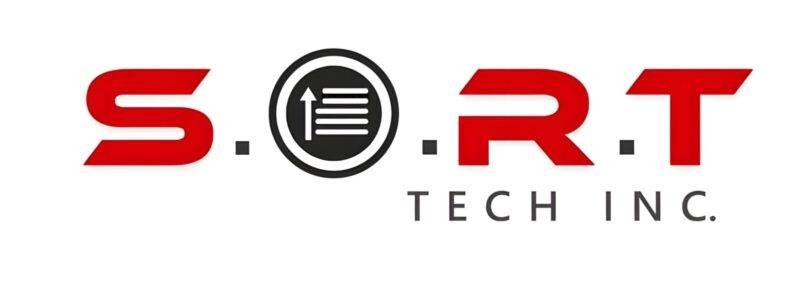In today’s interconnected global economy, the efficient movement of goods is essential for businesses to thrive. Freight brokers play a pivotal role in facilitating this movement by connecting shippers with carriers, ensuring the timely and cost-effective transportation of goods. If you’re interested in entering the logistics industry and becoming a freight broker, obtaining the necessary license is a crucial step. In this article, we’ll provide you with a comprehensive guide on how to get a freight broker license, covering everything from eligibility requirements to the application process.
Understanding the Role of a Freight Broker
Before diving into the licensing process, it’s essential to understand the responsibilities and significance of a freight broker. A freight broker acts as an intermediary between shippers (those who need goods transported) and carriers (truckers or transportation companies). They negotiate rates, arrange shipments, handle paperwork, and ensure the smooth transportation of goods from point A to point B.
Eligibility Requirements
Before pursuing a freight broker license, it’s important to meet the necessary eligibility criteria:
Legal Age: You must be at least 18 years old to apply for a freight broker license.
Business Structure: You can apply for a freight broker license as an individual, a partnership, a corporation, or a limited liability company (LLC).
Process Agent: You’ll need to designate a process agent in every state where you’ll conduct brokerage activities. A process agent is a representative who can accept legal documents on your behalf.
Financial Responsibility: Demonstrating financial responsibility is crucial. You need to prove that you can meet the financial obligations associated with running a brokerage business.
Steps to Obtain a Freight Broker License
Educational Preparation:
Before diving into the licensing process, it’s wise to acquire a solid understanding of the logistics industry, freight brokerage operations, regulations, and market trends. Numerous online courses and resources are available to help you gain this knowledge.
Register with the FMCSA:
The Federal Motor Carrier Safety Administration (FMCSA) is the agency responsible for regulating freight brokerage operations. You’ll need to obtain a USDOT number and register as a freight broker on the FMCSA’s Unified Registration System (URS) website.
Obtain a Surety Bond or Trust Fund:
To ensure that brokers fulfill their financial obligations, a surety bond or trust fund is required. The minimum bond amount is $75,000. You can work with an insurance company to obtain a bond, which acts as a form of insurance for carriers and shippers.
Complete the Application Process:
Submit an application for a freight broker license (Form OP-1) through the FMCSA’s online system. This application includes details about your business structure, process agents, and financial responsibility.
Pay the Application Fee:
Along with your application, you’ll need to pay a fee. As of my knowledge cutoff in September 2021, the fee is $300 for the application.
Insurance Requirements:
Freight brokers are required to have a minimum amount of insurance coverage to operate legally. This insurance helps protect your business and clients in case of accidents, damages, or disputes.
Designate Process Agents:
As mentioned earlier, you’ll need to designate process agents in every state where you plan to do business. Process agents receive legal documents on your behalf in case of legal proceedings.
Also Read – Best Trucking Companies for New Drivers in Canada
Provide Financial Responsibility Documentation:
You’ll need to demonstrate your financial responsibility by providing evidence of assets, a credit report, and other relevant financial documents.
Wait for Approval:
After submitting your application and fulfilling all requirements, you’ll need to wait for approval from the FMCSA. The processing time can vary, but once approved, you’ll receive your freight broker license.
Post-Licensing Responsibilities
Once you obtain your freight broker license, your responsibilities don’t end there. Here are some crucial steps to take after obtaining your license:
Maintain Records:
Keep thorough records of all transactions, contracts, and communications with carriers and shippers. This documentation is essential for legal compliance and dispute resolution.
Stay Updated:
The logistics industry is dynamic and subject to regulatory changes. Stay updated with industry trends, regulations, and best practices to ensure your brokerage remains compliant and competitive.
Network and Build Relationships:
Building strong relationships with carriers, shippers, and industry professionals is key to growing your brokerage business. Networking can lead to more business opportunities and collaborations.
Conclusion
Becoming a licensed freight broker offers a rewarding opportunity to play a crucial role in the logistics industry. By adhering to the necessary requirements and following the steps outlined in this guide, you can embark on a successful journey to obtaining your freight broker license. Remember that the process might involve some complexities and variations, so it’s essential to consult the FMCSA’s official website and possibly seek legal or professional assistance to ensure a smooth application process.





